Supplementing Vitamin C in Whiteleg Shrimp Farming
1. Role of Vitamin C in Shrimp Farming
- Vitamin C acts as an antioxidant, stimulates the immune system, supports iron absorption, helps prevent common anemia, and reduces stress.
- Shrimp cannot synthesize Vitamin C due to the absence of the enzyme L-gulono-lactone oxidase and usually obtain it from their food.
- A lack of Vitamin C in feed can lead to symptoms such as black spot disease, which causes the shrimp's body to turn dark and results in lower survival rates of larvae and extended metamorphosis time. Larvae require more Vitamin C compared to mature shrimp.
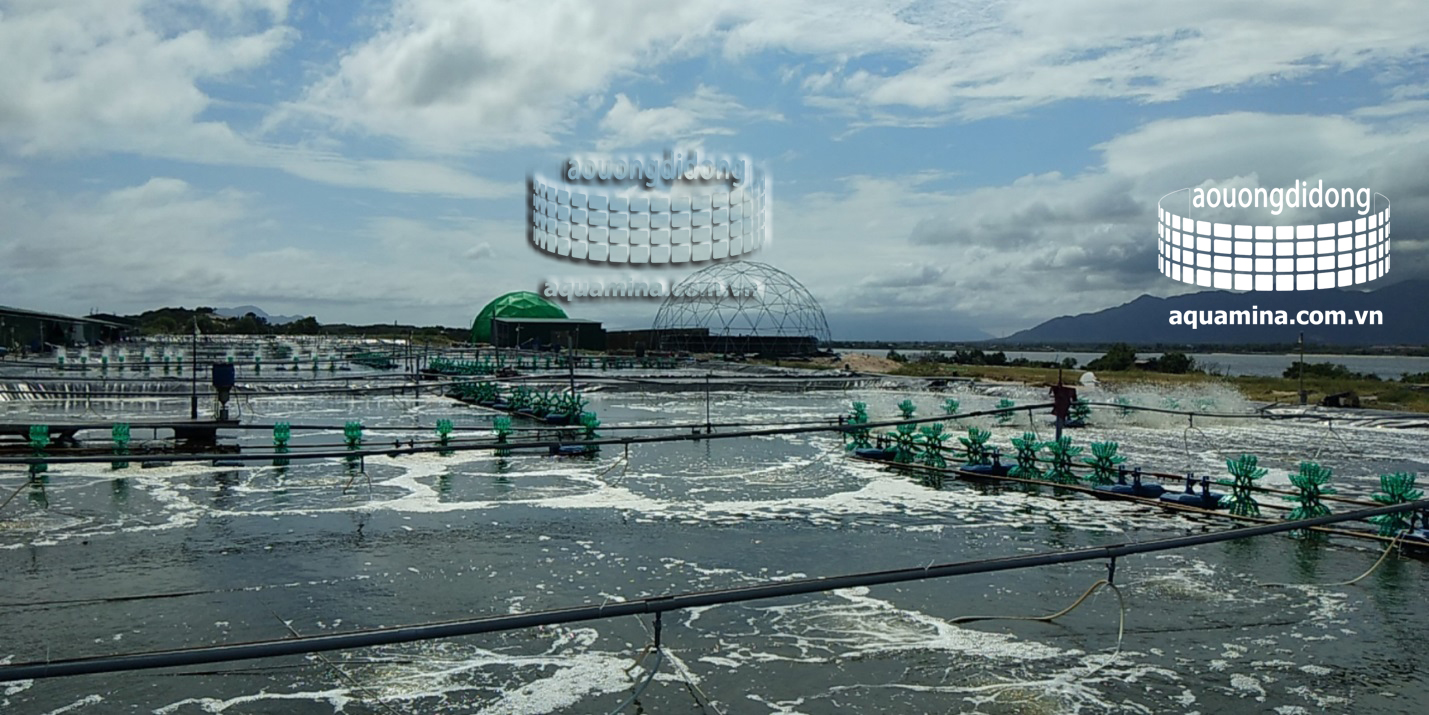
2. Symptoms of Vitamin C Deficiency in Shrimp
- The initial signs include black spots appearing on the muscle under the chitinous exoskeleton in the abdomen, cephalothorax, and joint areas.
- In severe cases, black areas spread to the gills and intestinal walls. Shrimp may refuse to eat and exhibit stunted growth.
- Infected shrimp may experience a daily mortality rate of 1-5%, with total losses potentially reaching 80-90%.
- The condition resembles erosion disease but differs in that the chitinous exoskeleton is not eroded.
3. Requirements and Usage
- Shrimp have specific Vitamin C needs based on factors such as their habits, size, growth rate, farming method, feed production process, water conditions, physiological status, and development stage.
- Vitamin C requirements vary by developmental stage. Larvae need more Vitamin C compared to mature shrimp and broodstock (e.g., green tiger shrimp larvae require 200 mg of Vitamin C/kg of feed, while post-larvae require 100 mg/kg of feed).
- Sick shrimp will have a higher demand for Vitamin C compared to healthy ones.
- To minimize Vitamin C loss, protect the nutrient before adding it to the feed in various forms. Vitamin C can be added to feed as a micro-encapsulated form, which retains about 80-90% of the nutrient and can be stored for several months.
4. Timing and Dosage for Supplementing Vitamin C
- In aquaculture, during weather changes or outbreaks in the farming area, regularly supplement Vitamin C in shrimp feed.
- Dosage depends on the type of Vitamin C, typically ranging from 500 to 1,000 mg/kg of feed. Regular supplementation should be done every 3-5 days per month; increase the dosage to 5-7 days continuously if shrimp are sick.
Ngày đăng : 14/08/2024
1636 View
Other Articles
Indian shrimp pivot to the EU, increasing competitive pressure on Vietnam
Indoor shrimp farming in Europe: Investment challenges and the race to find a viable model
Shrimp production surged in the first month of the year, with exports benefiting from strong demand during the Lunar New Year holiday
Quang Ninh Accelerates Digital Transformation in Shrimp Farming, Rising to Lead Northern Vietnam
Lucky money is not just about cash — it’s Aqua Mina’s wish for a worry-free farming season for our valued customers
Việt Nam's top 10 seafood exporters command nearly one-fifth of industry revenue
Ca Mau Maintains Its Shrimp Brand in International Competition
VIETSHRIMP ASIA 2026 & AQUACULTURE VIETNAM 2026 – A TURNING POINT FOR THE MODERN SHRIMP FARMING INDUSTRY
Ecuador's shrimp industry educational program SustainED kicked off its 2026
An Giang will start raising brackish water shrimp as early as the beginning of 2026
Aqua Mina conducts the on-site installation of two aquaculture air blowers | Ceramic Ball Bearing – 15 kW – 25 kPa for a customer in Quang Ninh
Towards Building Brand Value for the Shrimp Industry








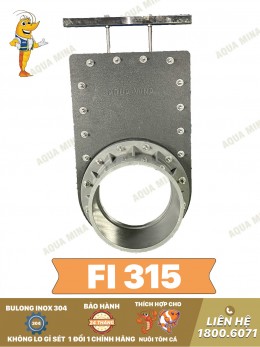
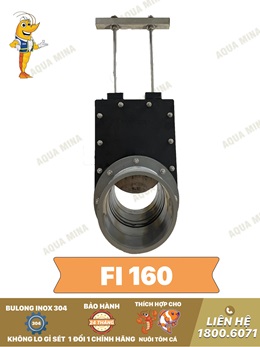
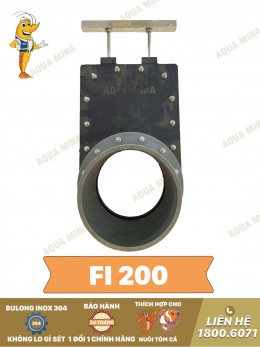
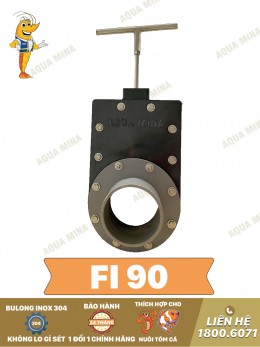
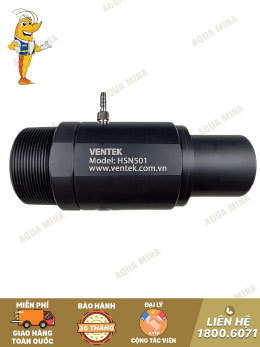
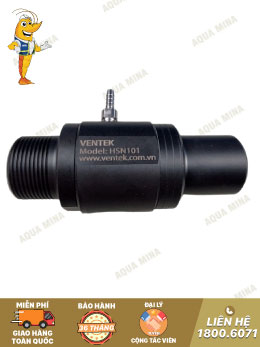

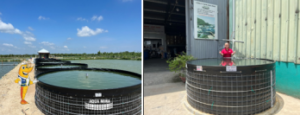
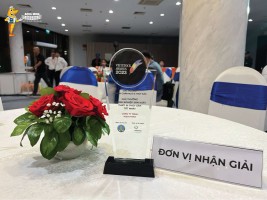
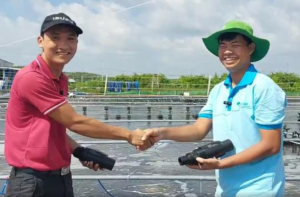
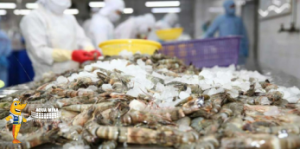
.jpg)